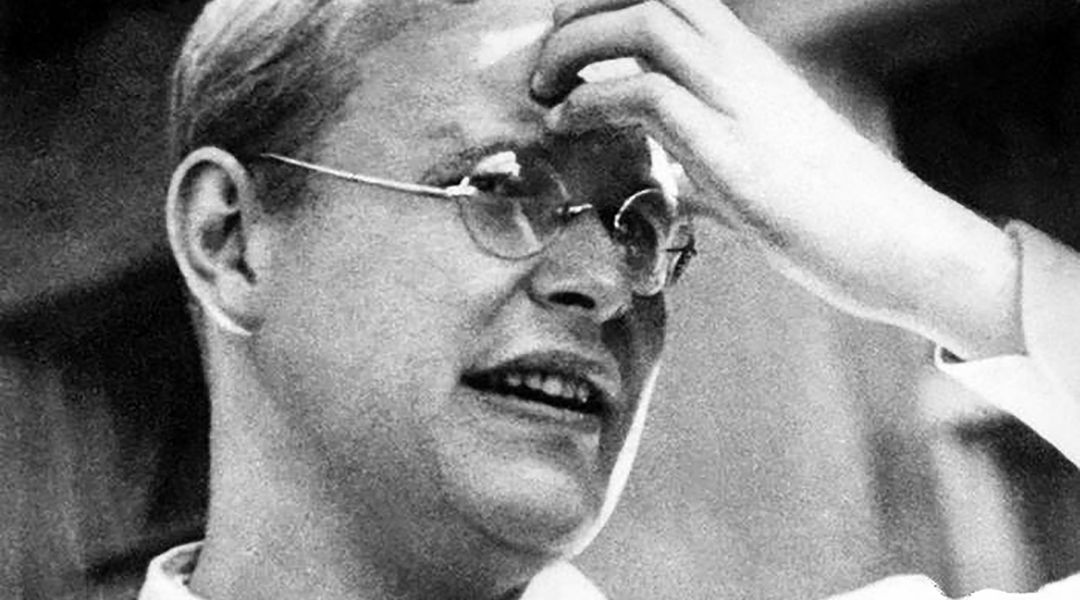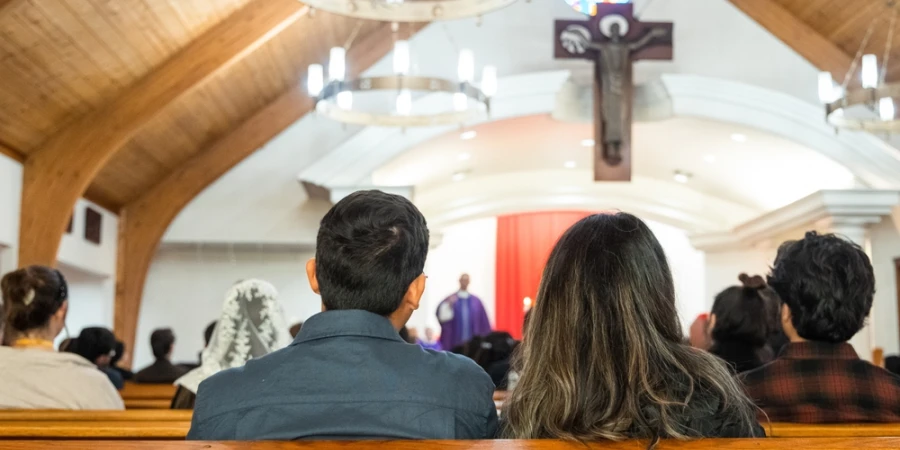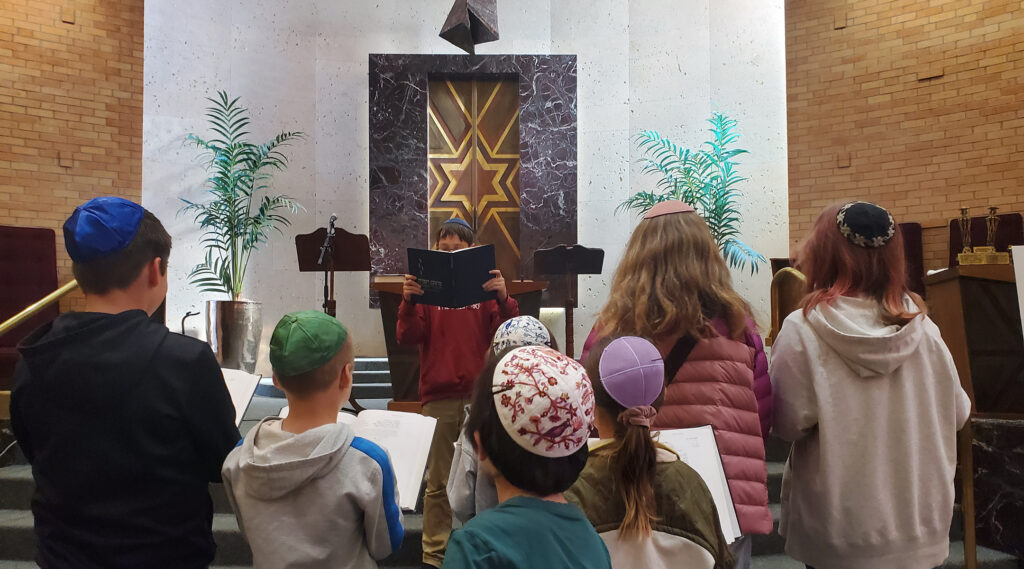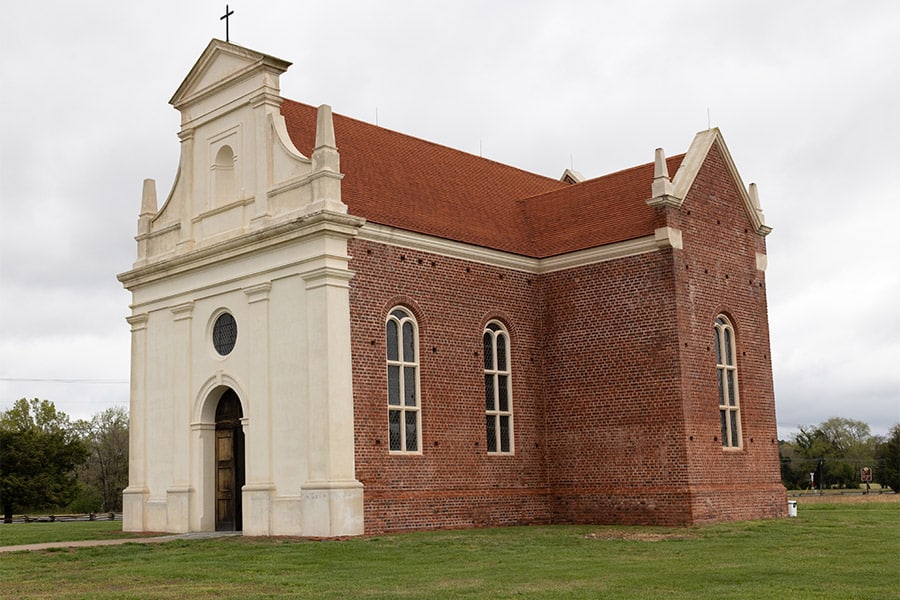Faith on Trial: Unification Church Faces Existential Threat in Landmark Japanese Court Ruling
Religion
2025-04-15 01:32:00Content
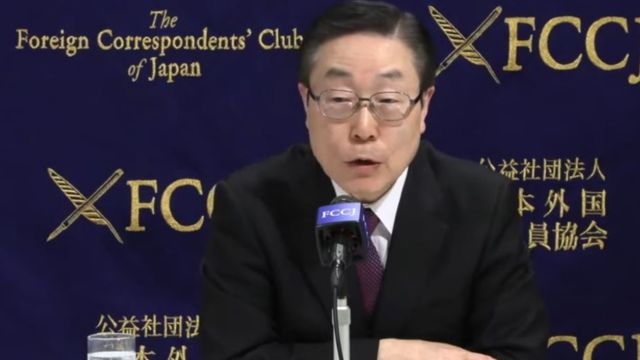
In a controversial ruling that raised eyebrows among legal experts, the court attempted to justify its decision by claiming that the verdict somehow preserved religious freedom. However, the reasoning appeared thin and unconvincing to many observers. Adding to the complexity of the judgment, the court took the unprecedented step of retroactively applying a new law on donations, a move that sparked immediate criticism from legal scholars and human rights advocates.
The decision seemed to stretch the boundaries of judicial interpretation, leaving many to question the underlying motivations behind such a nuanced and potentially problematic ruling. The retroactive application of the donation law particularly drew sharp scrutiny, as it appeared to challenge fundamental principles of legal fairness and due process.
Religious Freedom Under Siege: A Controversial Court Ruling Sparks Global Debate
In an unprecedented legal maneuver that has sent shockwaves through international human rights circles, a recent court decision has raised critical questions about the delicate balance between judicial interpretation and fundamental religious liberties. The ruling not only challenges established principles of religious freedom but also introduces a troubling precedent of retroactive legal application that threatens the core foundations of judicial fairness.Justice Hangs in the Balance: When Legal Interpretation Challenges Constitutional Protections
The Judicial Landscape of Religious Persecution
The court's recent verdict represents a deeply troubling moment in contemporary legal history. By dismissing concerns about religious freedom with what can only be described as perfunctory reasoning, the judicial system has demonstrated a profound disregard for the fundamental human right of religious expression. The decision reveals a systemic approach that marginalizes minority religious communities, effectively creating a dangerous precedent that could embolden future discriminatory practices. Legal experts have been quick to criticize the ruling's fundamental flaws. The court's unconvincing argument that the verdict does not violate religious freedoms stands in stark contradiction to established international human rights standards. This judicial pronouncement represents more than a mere technical legal interpretation; it is a direct assault on the principles of religious tolerance and individual belief systems that form the cornerstone of democratic societies.Retroactive Legal Mechanisms: A Dangerous Precedent
Perhaps most alarming is the court's unprecedented application of legal statutes retroactively. This approach fundamentally undermines the principle of legal predictability and fairness. By reinterpreting existing laws to apply to past events, the judicial system creates an environment of legal uncertainty that threatens the very foundations of constitutional protections. The retroactive application of legal mechanisms represents a sophisticated form of judicial overreach. It suggests a deliberate strategy to circumvent established legal protections, creating a mechanism through which existing rights can be systematically eroded. This approach does not merely interpret the law; it actively reshapes legal landscapes in ways that can fundamentally disadvantage specific communities.Global Implications of Judicial Interpretation
The ramifications of this ruling extend far beyond the immediate legal context. International human rights organizations have already begun mobilizing, recognizing the potential global implications of such a precedent. The decision represents a potential blueprint for systematic religious suppression, offering a legal framework that could be replicated in jurisdictions seeking to marginalize minority religious communities. Diplomatic channels are likely to be activated, with potential international pressure being brought to bear on the judicial system responsible for this controversial ruling. The global human rights community views such decisions as critical inflection points that can either reinforce or undermine fundamental principles of religious freedom and individual liberty.Resistance and Potential Legal Challenges
Despite the apparent finality of the ruling, legal experts suggest multiple avenues of potential resistance. Constitutional challenges, international legal interventions, and sustained diplomatic pressure represent potential strategies for addressing this judicial overreach. The resilience of civil society and human rights organizations will be crucial in challenging and potentially reversing such problematic legal interpretations. The coming months will be critical in determining the long-term implications of this ruling. Legal scholars, human rights activists, and international observers will be closely monitoring subsequent developments, seeking to understand and potentially mitigate the broader systemic challenges represented by this judicial decision.RELATED NEWS
Religion
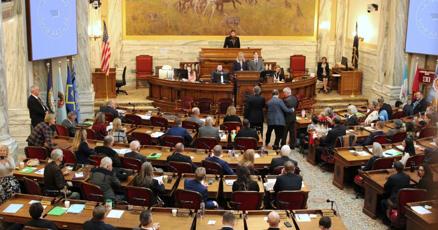
Faith in Education: Proposed Legislation Sparks Debate on Religious Instruction Breaks
2025-03-06 00:49:00
Religion
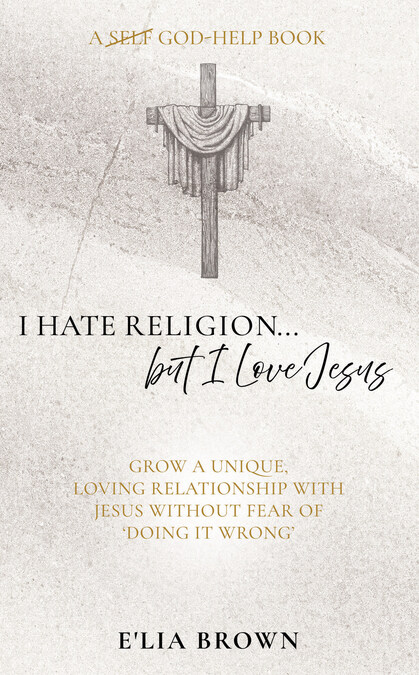
Breaking Free: The Radical Path to Spiritual Awakening Beyond Religious Boundaries
2025-04-14 04:00:00
Religion
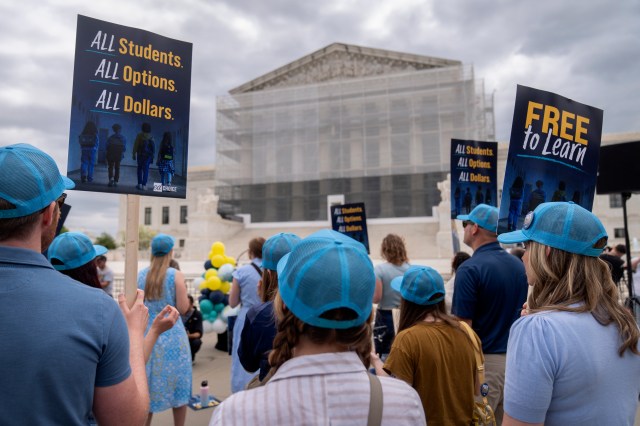
Supreme Court Showdown: Should Taxpayer Money Fund Religious Charter Schools?
2025-05-01 08:00:19
